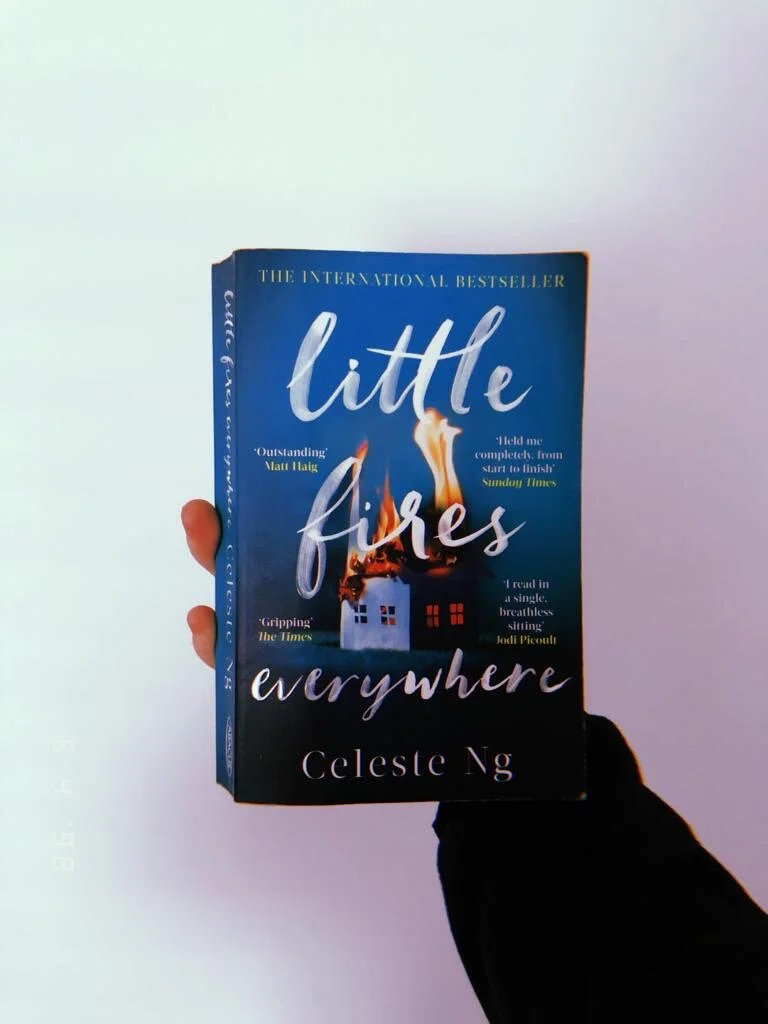BBC3 'Normal People' review
***SPOILER ALERT***
When a series has been out for less than a week and you already feel behind for not having finished it, you can be pretty sure that the fuss isn't about nothing. Normal People arrived on iPlayer last weekend with all 12 half-an-hour episodes available immediately. The frenzy to gobble up the BBC3 original was no doubt spurred on by the readers of Sally Rooney's internationally bestselling novel of 2018 on which the show is based. The book was received with tremendous approval and a snowballing fan-base as its cover was seen so frequently in the hands of commuters that it became one of those embedded into the patchwork wallpaper of the tube.
As one of Rooney's admiring readers, I approached the series with undeniable trepidation. Discussing the release of the series with friends, it seemed many had the same reticence but with different reasons. I was so enveloped by the book's characters, so much of which rely on inner monologue, that I couldn't imagine the show doing the book justice. One friend had a more specific reservation: "I fell in love with them so much the first time that I just don't think that my lockdown state of mind* can go through the break-up again." Another found the ending of the book so unsatisfying that they were sure the programme would only leave a similar feeling of pointlessness.
You will be pleased to hear that these doubts were fully relinquished by the end of episode 12 – actually, they were put to rest a lot earlier than that. The production is nothing short of a masterpiece. Every element – the casting, screenplay, story-telling, editing and camerawork – is so considered and gracefully handled that the show genuinely lives up to the book.
Normal People explores the theme of young love thorough the eyes of Marianne and Connell – two teenagers brought up in County Sligo, Ireland. The two walk different corridors at school but are brought together partly as Connell's mother works for Marianne's family and also by the shared lens through which they both see the world. Their on-off relationship is followed through school, college and the years just after.
Image: BBC
As is often the case with early relationships, the couple's communication is as lacking as their passion is all-consuming. For every viewer who has experienced that same young love, frustrating moments of shouting 'just tell him/her how you feel' are regular occurrences and are part of what makes this show so successfully relatable. They are also the mechanism that allow for the ending to feel more believable than it does inconclusive. It is the prematurity of a relationship like Marianne and Connell's that leads to a heart-breaking yet familiar fizzle as adult life looms. The final scene differs from the book as Marianne encourages Connell to take an opportunity which will part them, rather than succumbing to his undiscussed decision to take it. This kindness gives viewers some emotional padding that was (perhaps intentionally) denied to Rooney's readers.
The producers’ approach to portraying sex throughout the series replicates Marianne's attitude towards life. Despite her inner turmoil, largely the result of her fragmented family relationships, Marianne communicates with a sense of blatancy. Her thoughts often jar with the opinions of those around her and yet she expresses them without hesitation or any doubt that there could be another notion of the truth. She picks up teachers on their misplaced sense of authority and to Connell, makes remarks like 'can we take our clothes off now' where others would shroud their language in euphemism. The intimacy between Marianne and Connell has an equally unabashed tone. The sex is just that, with the only (really!) thing hidden from the cameras being any trace of choreography. The viewer might expect to be shocked by the extent to which the 'adult scenes' are made visible by the BBC but, handled with such confidence and rawness, their realness feels entirely fitting and their bareness, refreshing.
On-screen intimacy of course relies largely on the skill of the actors – something which abounds in Normal People. Daisy Edgar-Jones can be commended for her flawless Irish accent and ability to capture the vulnerability, awkwardness and simultaneous self-assurance of Marianne. Peter Mescal's performance is likewise sublime. Connell's character is so introverted, his personality living largely in his thoughts, that Mescal's ability to express his full range of emotion mostly through facial expression is masterful.
In order to prevent this review from getting any gushier, I will leave the praise here and instead leave you with a firm recommendation to watch Normal People on iPlayer now. You can rest assured that your time will be well-spent.
* Could someone please get onto Alisha and Jay-Z for that remake?!
Words by Lucy Firestone









